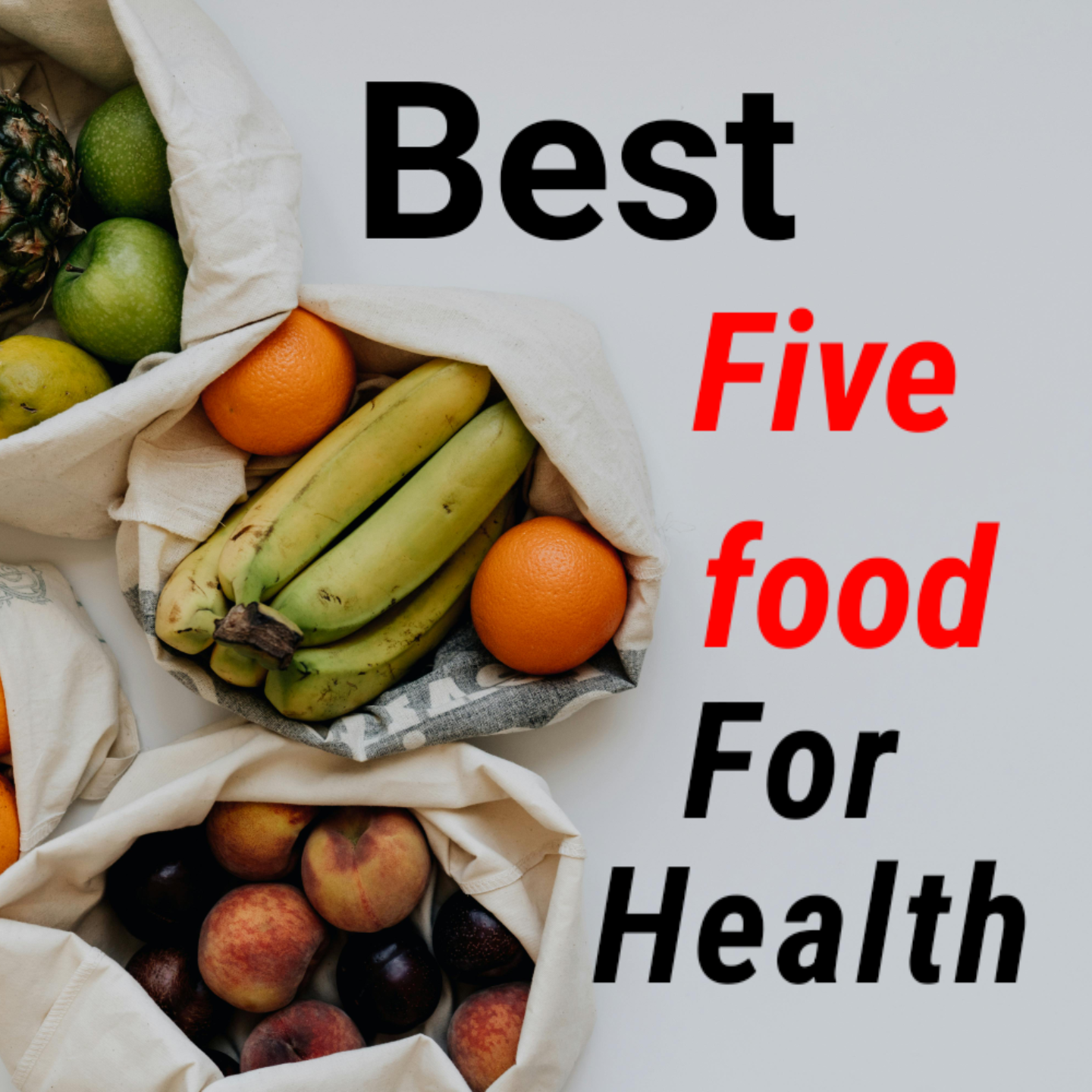Maintaining a healthy body isn’t just about avoiding junk food — it's about providing your body with the essential nutrients it needs to function at its best. A well-balanced diet ensures strong immunity, better energy levels, improved mental clarity, and protection from chronic diseases. But with the abundance of dietary advice out there, it's easy to get confused.
To make it simple, here are 5 essential foods that you must include in your daily diet to naturally fulfill your body’s nutritional requirements. These foods are power-packed with vitamins, minerals, antioxidants, fiber, and protein — everything your body needs to thrive.
1. Leafy Green Vegetables – Nature’s Multivitamin
Examples: Spinach, Kale, Methi (Fenugreek), Swiss Chard
Key Benefits:
Rich in vitamins A, C, K, and folate
High in iron, magnesium, and calcium
Boosts immunity and reduces inflammation
Aids in digestion and weight control
How to Use:
Add to soups, curries, and salads
Blend into green smoothies
Sauté with olive oil and garlic
Image Suggestion: A colorful plate of mixed leafy greens in a bowl
2. Nuts and Seeds – Tiny Powerhouses of Nutrition
Examples: Almonds, Walnuts, Chia Seeds, Flaxseeds, Pumpkin Seeds
Key Benefits:
Rich in omega-3 fatty acids for heart health
Source of plant-based protein and fiber
Great for brain function, skin repair, and energy
Help balance hormones naturally
How to Use:
Eat a handful daily as snacks
Mix into smoothies or yogurt
Add to oatmeal or baked goods
3. Fresh Fruits – Sweet, Juicy & Full of Goodness
Examples: Apples, Berries, Oranges, Papaya, Pomegranate
Key Benefits:
High in vitamin C, potassium, and antioxidants
Boosts immune function and skin glow
Helps in digestion and detoxification
Naturally curb sugar cravings
How to Use:
Eat as mid-morning snacks
Blend into juices or fruit bowls
Mix into cereal or oats
4. Whole Grains – For Long-Lasting Energy
Examples: Brown Rice, Quinoa, Oats, Ragi, Bajra
Key Benefits:
Rich in complex carbohydrates
Keeps you full longer and controls hunger
Supports heart health, digestion, and metabolism
Reduces risk of diabetes and obesity
How to Use:
Switch white rice with brown rice
Enjoy oatmeal or muesli for breakfast
Use millet flour for chapatis
5. Dairy or Plant-Based Alternatives – Strong Bones & Muscles
Examples: Milk, Yogurt, Cheese, Almond Milk, Soy Milk
Key Benefits:
Rich in calcium, vitamin D, and protein
Crucial for bone strength and muscle recovery
Yogurt helps with gut health (probiotics)
Fortified plant milk is great for vegans
How to Use:
Drink a glass of milk (or almond/soy milk) daily
Add yogurt to smoothies, snacks, or meals
Include paneer or cheese in your lunch/dinner
Conclusion: Balance Is Everything
No single food can give you all the nutrients your body needs. But when you include these 5 food groups in your regular diet, you're building a strong foundation for energy, immunity, and long-term health.
Quick Recap Table:
Food Group Nutritional Focus
Leafy Greens Vitamins A, C, K, iron, fiber
Nuts and Seeds Omega-3, protein, antioxidants
Fresh Fruits Natural sugar, vitamin C, fiber
Whole Grains Energy, B vitamins, fiber
Dairy/Alternatives Calcium, protein, probiotics
FAQs
Q1. Can I use plant-based options instead of dairy?
Yes, almond milk, soy milk, and coconut yogurt are great alternatives — just ensure they’re fortified with calcium and vitamin D.
Q2. What if I don’t like vegetables?
Try adding greens to smoothies or hiding them in soups and curries — the taste blends in!
Q3. Are all fruits good for weight loss?
Most fruits are low in calories and high in fiber. Stick to seasonal, fresh fruits and eat them in moderation.
Final Tip:
“The food you eat can either be the safest and most powerful form of medicine — or the slowest form of poison.” — Ann Wigmore
Start with small changes. Add one new healthy item each week. Within a month, your body — and your energy levels — will thank you.
Thanks


Blog Comments (0)